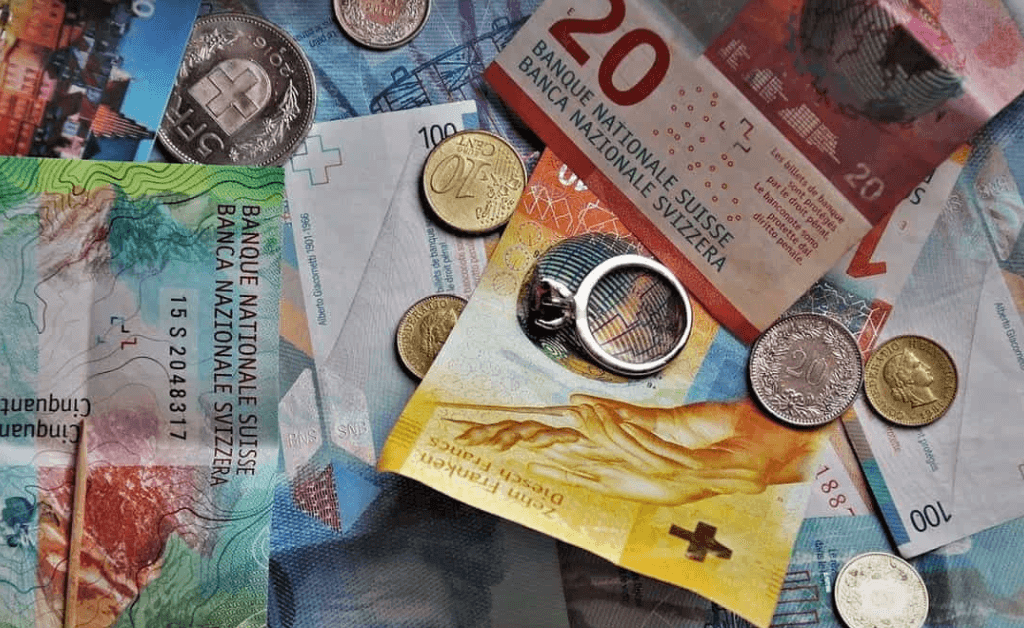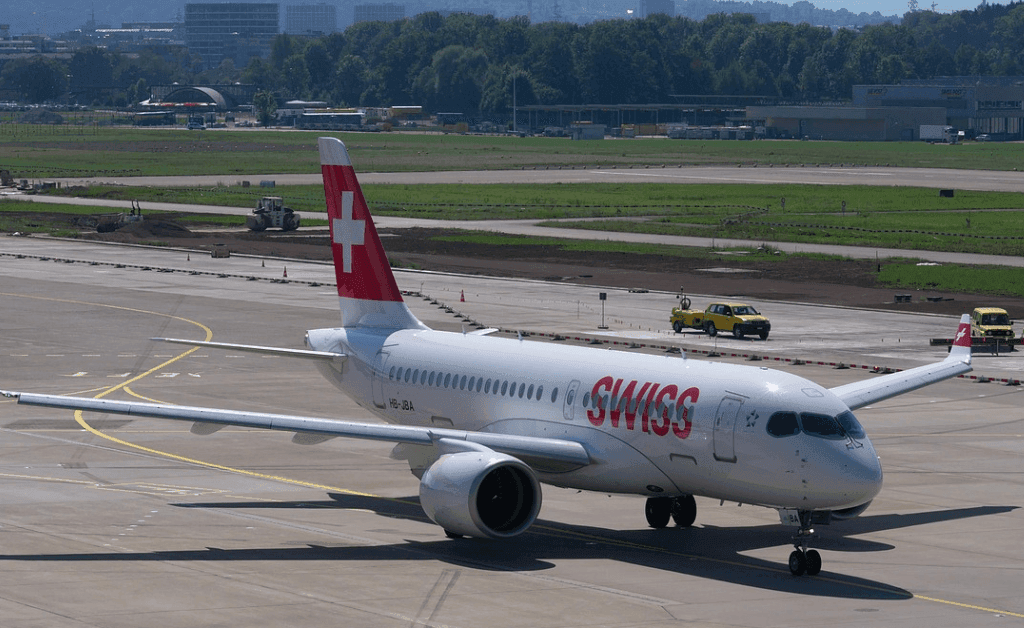
A Personal Travel Planning Guide
- Plan Ahead: Decide your travel dates and desired experiences early.
- Budget Wisely: Switzerland can be expensive; estimate daily costs for accommodation, food, and transport.
- Choose Destinations: Mix popular cities (Zurich, Geneva, Lucerne) with scenic spots (Interlaken, Zermatt).
- Transport Tips: Use the Swiss Travel Pass for seamless train, bus, and boat journeys.
- Book in Advance: Secure accommodations and key attractions early for better deals.
- Be Flexible: Leave room for spontaneity in your itinerary for a richer experience.
Planning a trip to Switzerland can seem overwhelming at first. As someone who loves exploring new countries and has spent years refining my Switzerland travel planning guide, I’m excited to share my personal process and expert Swiss travel advice. In this guide, I’ll walk you through every step—from budgeting to transportation—using personal anecdotes and expert tips.
Step 1: Decide When to Visit Switzerland
Choosing the right season is crucial. The best time to visit Switzerland depends on your interests:
- Winter (December-February): Perfect for skiing, snowboarding, and festive Christmas markets. Resorts like Zermatt and St. Moritz are in full swing.
- Spring (March-May): Enjoy pleasant weather, blooming flowers, and fewer tourists—ideal for hiking and exploring quaint towns.
- Summer (June-August): Warm weather is great for boat rides, hiking, and attending festivals.
- Autumn (September-November): Revel in stunning fall colors and enjoy quieter sightseeing with local harvest festivals.
I often choose late spring or early autumn to avoid peak crowds and to savor comfortable weather. This choice allows me to experience diverse activities while enjoying the natural beauty

Step 2: Establish Your Budget
Switzerland is known for its breathtaking scenery—but also for its high costs. When planning my Switzerland trip budget, I break down expenses into key categories:
- Accommodation: Budget options (hostels/guesthouses) can cost CHF 50–100 per night. Mid-range hotels typically range from CHF 150–250, while luxury accommodations start at CHF 300.
For comfortable and affordable accommodations, find great Swiss hotel deals on Expedia and compare options to suit your budget.
- Food: Casual meals run about CHF 10–20, while dining out at mid-range restaurants can cost CHF 30–60. Splurging on a fine dining experience might set you back CHF 70–150 per person.
Explore top local culinary hotspots on Tripadvisor to plan your ideal dining experience in Switzerland and discover insider tips on the best places to savor Swiss delicacies.
- Transport: The Swiss Travel Pass is invaluable—it offers unlimited travel on trains, buses, and boats, plus free entry to many museums, easing overall costs.
- Attractions: Entrance fees vary; many popular sites like cable car rides and mountain excursions charge CHF 10–30 each.
Experience Switzerland with the Swiss Travel Pass: Enjoy unlimited travel plus free entry to 500+ museums and attractions—no extra fees required!
Get your Swiss Travel Pass now and explore with ease!
Carefully planning these expenses ensures a realistic budget and minimizes surprises during your journey.
Step 3: Choose Your Destinations
Switzerland offers a blend of urban excitement and natural beauty. My favorite Swiss itinerary ideas always include a mix of:
- Zurich & Geneva: Ideal for cultural experiences, shopping, and modern Swiss life.
- Lucerne: With its iconic Chapel Bridge and scenic lake views, it’s a must-visit.
- Interlaken: A gateway to the Alps, perfect for adventure sports like hiking and paragliding.
- Zermatt: A charming, car-free village at the foot of the Matterhorn—excellent for winter sports.
- Lugano (Ticino): Enjoy Italian-Swiss fusion culture with Mediterranean vibes and stunning lakeside views.
I always aim to visit regions from the German, French, and Italian-speaking parts of Switzerland for a comprehensive experience of the country’s diversity.
Step 4: Transportation Tips
One of Switzerland’s greatest strengths is its efficient public transport system. Here are my top Swiss transportation tips:
- Swiss Travel Pass: This pass grants unlimited access to trains, buses, and boats, making it easier to travel around and even includes free entry to hundreds of museums.
- Scenic Train Journeys: I highly recommend rides on the Glacier Express, Bernina Express, and GoldenPass Express—they not only transport you efficiently but also provide awe-inspiring views.
- Local Buses & Cable Cars: Essential for reaching mountain villages and hiking trails. The SBB mobile app is my go-to for checking schedules and connections.
- Luggage Transfer Services: For convenience, I sometimes opt for door-to-door luggage transfers so I can explore hands-free.
These tips ensure that moving from one destination to another is smooth and adds an extra layer of enjoyment to your trip.
Step 5: Book Accommodations and Attractions
Booking ahead is key. I always secure accommodations and major attraction tickets well in advance:
- Accommodation: Unique stays—like a mountain chalet or a quaint guesthouse in a Swiss village—can enhance your experience and sometimes offer better value than city hotels.
For travelers looking for affordable options, explore budget-friendly hostels in Switzerland on Hostelworld
- Attractions: For high-demand experiences (e.g., Jungfraujoch, Mount Pilatus, or the Matterhorn Glacier Paradise), early booking guarantees your spot and avoids long waits.
- Local Tours: Guided tours can deepen your understanding of Swiss culture and history. Whether it’s a walking tour in Lucerne or a culinary experience in Geneva, these tours are invaluable.
Staying organized with a detailed itinerary and flexible booking policies makes the planning process less stressful and more enjoyable.
Personal Experiences and Expert Advice
One of my most memorable trips was when I stayed in a small Swiss village instead of a major city. Choosing an Airbnb in a quiet village not only saved money but also offered an authentic experience—waking up to the sound of cow bells and panoramic mountain views. This off-the-beaten-path experience is something I highly recommend to anyone looking to truly experience Swiss culture.
I’ve learned that simplicity is key. The Swiss appreciate punctuality and quiet, so always plan extra time between activities. Whether it’s a peaceful boat ride on Lake Lucerne or a spontaneous hike in the Alps, these moments often become the highlight of your trip.
Recommended Travel Essentials
Don’t forget to pack a Universal Travel Adapter to ensure you can charge all your devices while exploring Switzerland.
A reliable Swiss Army Knife is an essential tool for any traveler venturing into the Swiss outdoors.
Keep your gadgets powered up on the go with a Portable Power Bank – perfect for those long train journeys across the Alps.
Amazon Affiliate Recommendation
Conclusion
Planning a trip to Switzerland doesn’t have to be daunting. By breaking down the process—choosing the right time, setting a realistic budget, selecting diverse destinations, and utilizing the excellent public transport system—you can design an unforgettable Swiss adventure. My personal journey has shown that a mix of famous cities, scenic train rides, and hidden gems leads to the best experiences.
Leave room for spontaneity and always book your key attractions in advance. With careful planning and flexibility, your Swiss vacation will be filled with breathtaking landscapes, cultural richness, and personal memories that last a lifetime.

Frequently Asked Questions (FAQ)
What is the best time to visit Switzerland?
It depends on your interests. Winter is ideal for skiing, while late spring or early autumn is perfect for sightseeing and hiking with fewer crowds.
How many days should I spend in Switzerland?
I recommend a minimum of 7–10 days for a well-rounded experience. Two weeks allows you to explore multiple regions and cultural facets.
What transportation options are available?
Switzerland’s public transport system is excellent. The Swiss Travel Pass covers trains, buses, and boats, making travel effortless.
How can I manage my budget?
Plan by researching accommodation, food, and transport costs in advance. Consider staying in less touristy areas for better deals.
Should I book attractions in advance?
Yes, for popular attractions like Jungfraujoch or Mount Pilatus, booking early helps secure your spot and minimizes waiting times.
This comprehensive guide blends personal experiences with expert Swiss travel tips to help you plan an unforgettable trip. Happy travels!
Disclosure: This post contains affiliate links. If you buy through them, I’ll earn a small commission at no extra cost to you. Thanks for supporting my work!


